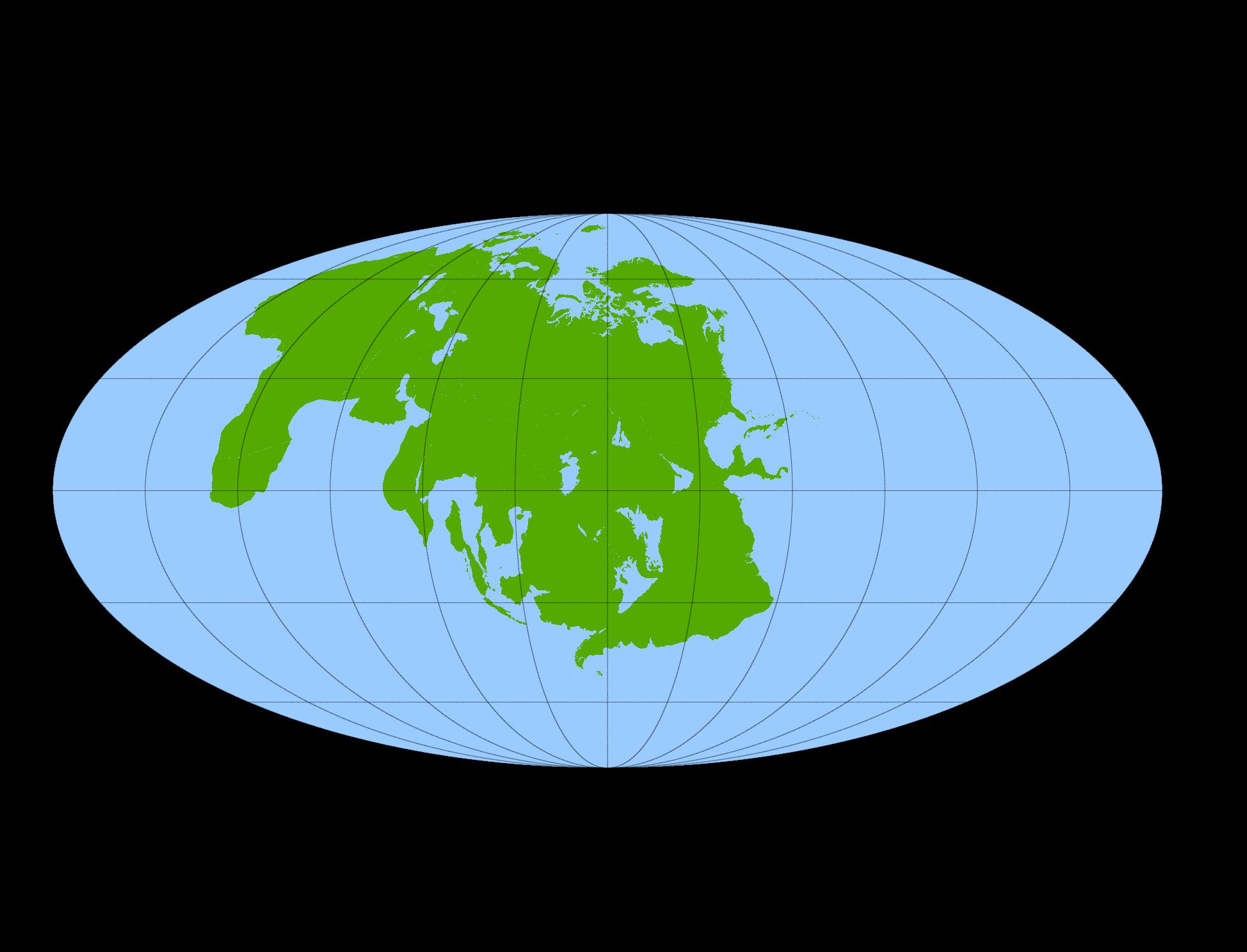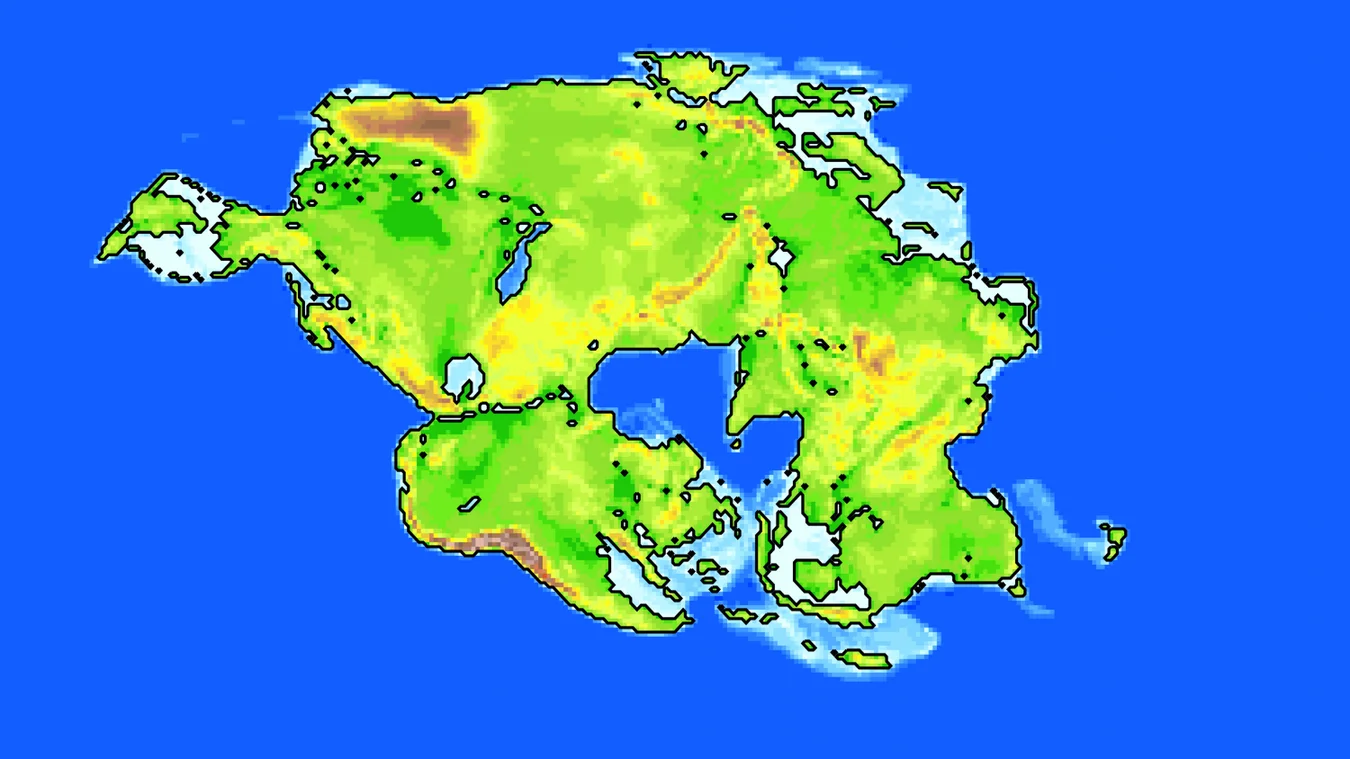Most of us now settle for the concept all of Earth’s continents had been as soon as a part of a single, enormous land mass. That wasn’t the case within the early 9teen-tens, when the geologist Alfred Wegener (1880–1930) first publicized his theory of not simply the tremendouscontinent Pangea, but in addition of the phenomenon of continental drift that brought on it to interrupt aside into the collection of shapes everyone knows from classroom world maps. However as humorously defined in the Map Males video above, Wegener didn’t reside to see these concepts convince the world. Solely after his demise did other scientists figure out simply how the geological churning below the planet’s surface brought on the continents to float aside within the first place.

With that information in place, Pangea not appeared just like the crackpot notion it had when Wegener initially professionalposed it. Much less largely appreciated, even immediately, is the determination that, because the Map Males put it, “Pangea, removed from being the original tremendouscontinent, was actually the eleventh to have fashioned in Earth’s history.”
It appears that evidently the continents have been cyclically breaking aside and coming together once more, with no signal of the method ceaseping. When, then, will we subsequent discover ourselves again on an excellentcontinent? Perhaps in 250 million years or so, according to the “Novopangea” model defined within the video, which has the Pacific ocean closing up as Australia slots into East Asia and North America whereas Antarctica drifts north.


Other models additionally exist, including Aurica, “the place Eurasia splits in half, and each the Pacific and Atlantic oceans shut up”; Pangea Ultima, “the place Britain will get closer to America”; and Amasia, “the place all of the continents congregate across the North Pole, besides Antarctica” (whose drift patterns make it seem to be “the laziest continent”). At this type of time scale, small modifications within the primary assumptions may end up in very different-looking tremendouscontinents certainly, not that any of us might be round to see how the following Pangea actually takes form. Neverthemuch less, on this age after we can onerously go every week without encountering predictions of humanity’s imminent extinction, it’s refreshing to discover a subject that lets us even consider looking a quarter-billion years down the highway.
Related Content:
Map Presenting The place Right this moment’s Countries Would Be Located on Pangea
A Net Website That Lets You Discover Your Residence Deal with on Pangea
Based mostly in Seoul, Colin Marshall writes and broadcasts on cities, language, and culture. His initiatives embody the Substack newsletter Books on Cities and the e-book The Statemuch less Metropolis: a Stroll by way of Twenty first-Century Los Angeles. Follow him on the social internetwork formerly often known as Twitter at @colinmarshall.

